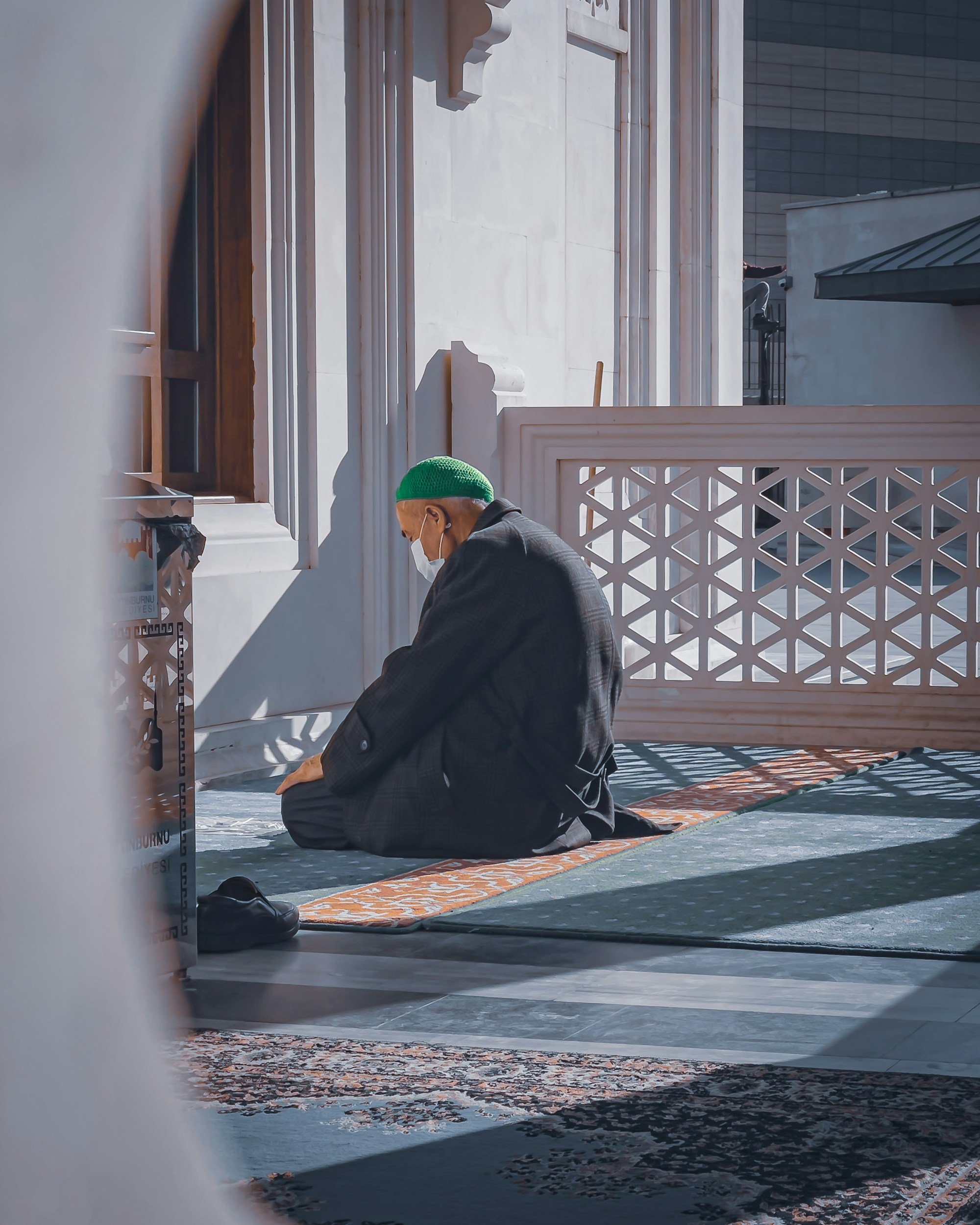Beyond the Headlines: A Thoughtful American's Guide to Traveling in Muslim-Majority Countries
The idea of traveling to a Muslim-majority country can be thrilling for an American traveler. It promises ancient history, stunning architecture, incredible food, and warm hospitality. Yet, it’s also common to feel a twinge of anxiety, fueled by media headlines and political rhetoric.
The reality is that the vast majority of these journeys are safe, enriching, and transformative. The key to a successful trip lies not in fear, but in understanding and respect. The greatest "dangers" you'll face are often not what you see on the news, but the risks of unintentionally causing offense or missing out on authentic connections.
Let's move beyond the stereotypes and explore what you truly need to know.
The Real "Dangers" to Be Aware Of (They're Mostly Cultural)
Forget the dramatic notions of danger; the most common pitfalls for American travelers are cultural missteps. Avoiding these will not only keep you safe but will open doors to incredible experiences.
1. The Danger of Disrespecting Local Customs and Religion
This is the single most important area to focus on. Islam is not just a religion but a way of life in these countries, and showing respect is paramount.
Dress Modestly: This applies to all genders, but is especially important for women. Pack clothing that covers your shoulders, chest, and knees. In many places, you'll need a headscarf to enter mosques. Loose, flowing clothing is both respectful and practical for the climate. The "danger" here is being denied entry to sacred sites or attracting unwanted negative attention.
Respect Prayer Times: Five times a day, life may pause for prayer. You'll hear the beautiful call to prayer echoing through the cities. Be patient if shops close briefly or if people around you step away. Avoid walking in front of someone who is praying.
Ramadan Awareness: If you travel during the holy month of Ramadan, be aware that most locals will be fasting from sunrise to sunset. Avoid eating, drinking, or smoking in public during daylight hours out of respect. The evenings, however, burst into life with festive Iftar meals.
2. The Danger of Public Displays of Affection (PDA)
What is considered normal in the West can be seen as highly offensive in many conservative Muslim societies. Holding hands might be acceptable for married couples, but kissing, hugging, and other intimate contact in public should be avoided. The risk is causing a scene and deeply offending locals.
3. The Danger of Political and Sensitive Conversations
As an American, you may be a walking representative of your country's foreign policy. It's wise to avoid heated debates about politics, religion, or local leadership.
Listen More, Talk Less: Be a gracious guest. If someone brings up a sensitive topic, listen respectfully and steer the conversation toward safer, more positive subjects like family, food, or sports.
Photography Etiquette: Always ask for permission before taking photos of people, especially women and military or government buildings. It’s a matter of basic respect and can prevent serious trouble.
Practical Safety and Logistical Concerns
While the cultural aspects are the main event, standard travel safety and a few region-specific issues are also crucial.
1. Petty Theft and Scams
Just like in any major tourist destination worldwide, pickpocketing and scams can occur in crowded markets (souks) and tourist hubs. Keep your wallet secure, don't flash large amounts of cash, and be skeptical of deals that seem too good to be true.
2. Navigating Unfamiliar Laws
Laws can be very different and more strictly enforced. This is particularly true regarding:
Alcohol: It is illegal in some countries (like Saudi Arabia and Kuwait) and restricted to licensed hotels and restaurants in others. Public drunkenness is always a serious offense.
Drugs: Zero tolerance is the standard. Penalties for drug possession can be extremely severe, including long prison sentences.
3. Regional Instability (Do Your Homework)
This is where the generic term "Muslim country" falls apart. The safety profile of a place like Jordan or Malaysia is vastly different from that of Yemen or Syria.
Check Travel Advisories: Always consult the U.S. Department of State's travel advisory website for your specific destination. They provide up-to-date, nuanced information on regional risks.
Register with STEP: The Smart Traveler Enrollment Program (STEP) is a free service that allows the U.S. embassy to contact you in an emergency.
4. Traveling as a Solo Female Traveler
Many women travel solo through Muslim-majority countries and have fantastic experiences. The key, beyond the general advice on modest dress, is to project confidence. You may attract curious looks or questions, but rarely hostility. Learn a few basic phrases in the local language, use reputable transportation, and trust your instincts. You might find that local women are incredibly welcoming and protective.
The Incredible Reward: Hospitality You Won't Believe
If you navigate these "dangers" with awareness, you will be rewarded with one of the most profound travel experiences imaginable: the legendary hospitality of the Muslim world.
Be prepared for invitations to share tea, for shopkeepers who want to talk about America, and for families who may welcome you into their homes for a meal. The generosity and curiosity you will encounter are humbling and heartwarming. You’ll discover that shared humanity transcends political and cultural differences.
Your Pre-Departure Checklist:
Research Your Specific Destination: Is it Turkey? Indonesia? Oman? Morocco? Each has its own unique culture and norms.
Pack Appropriately: Modest, comfortable clothing is a must.
Learn a Few Key Phrases: "Hello," "Thank you," and "Please" in the local language go a long way.
Download Helpful Apps: A translation app, a local ride-hailing app (like Careem or Uber), and an offline map.
Keep an Open Mind and a Respectful Heart.
Travel is the antidote to ignorance. By trading apprehension for preparation, you can embark on a journey that won't just show you a new country—it will show you a new way to see the world.




